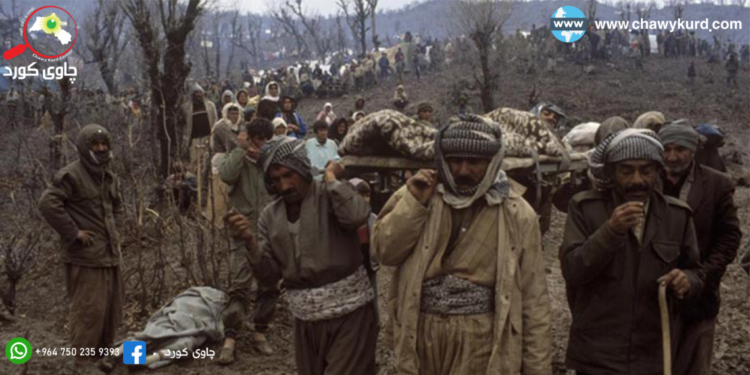Due to the radical changes in international relations and the international system in the early 1990s, numerous concepts and terms emerged in international politics that are compatible with the new international system. One is the right to “humanitarian intervention,” which relies on Western political views that democracy and human rights are the primary source.
Interference is defined as “an attitude or action for a specified period of time by one or more persons under public international law confronted with the action of another person without his or her consent to force him or her to do or not do a particular action or attitude”. Humanitarian intervention is intervention that is carried out to protect human rights. There is general consensus that humanitarian intervention is an intervention aimed at protecting fundamental human rights. These rights are no longer recognized as being within the domestic jurisdiction of any of these states. According to the theory of Oppenheimer, humanitarian intervention is justified if the following conditions are met: “When a state commits ruthless acts against its citizens in such a way as to violate the fundamental rights of its citizens”. There are different opinions among experts in the field of general international law on the issue of intervention, which fall into three main directions:
First Direction: Rejects humanitarian intervention with evidence and demands that interfere with the peace and independence of the state region.
Second Direction: This is reduced to collective action within the UN. When the national authorities do not respect the rights of their citizens, the international community can take appropriate decisions, provided that they obtain the approval of the Security Council.
Third Direction: This direction allows for any collective action even outside the territory of the country to stop the inappropriate actions that are committed against the rights of individuals and societies.
The implementation of the concept of humanitarian intervention under the bipolar system at the hands of the United Nations was largely vulnerable by the veto power of the leading states in both blocs. This phenomenon had left no challenging and effective mechanism for human rights, but the collapse of the socialist bloc and the disappearance of the bipolar system, a new flame entered the body and agenda of the United Nations. Their rights were blatantly ignored. The beginning of this new practice appeared in the spring of 1991 in Iraqi Kurdistan. Humanitarian intervention in accordance with UN Security Council Resolution 668 of April 5, 1991 was implemented in Kurdistan.
Additionally, in order to protect the Kurds and liberate the Kurdish people from the oppressive Ba’athist regime. The Treaty of Sevres is the first international treaty that clearly refers to the Kurdish issue in its articles 62-63-64. This gave the Kurdish problem an international dimension. Due to the unwillingness of the Kurds and the international situation, Lausanne took its place. Security Council Resolution 668 is the second international document after the Treaty of Sevres that looks at the Kurdish issue from a humanitarian perspective and as an internal issue of the Iraqi state.
The Security Council issued the resolution in response to the Iraqi army’s violent attacks on the Iraqi people, condemning the oppression of Iraqi civilians, especially in predominantly Kurdish areas, and encouraged the establishment of safe zones for the Kurds. This decision helped to establish legitimate institutions in the Kurdistan Region, hold the first parliamentary elections and form the cabinet. The Kurdistan Region is currently the only federal region in Iraq and has a strong position as a non-state actor. The Kurdistan Region has been treated as a state by the world’s states.





























































